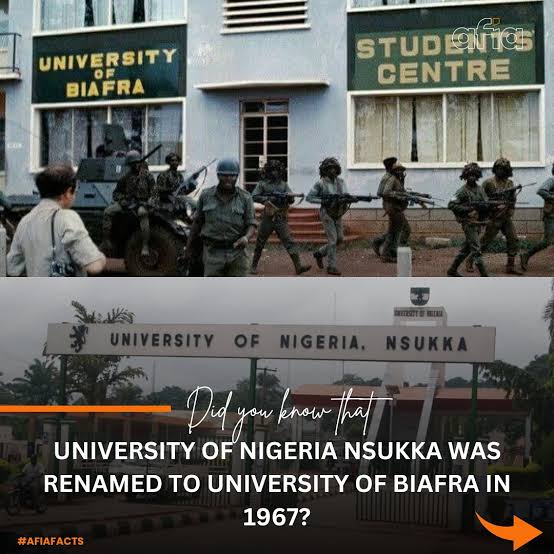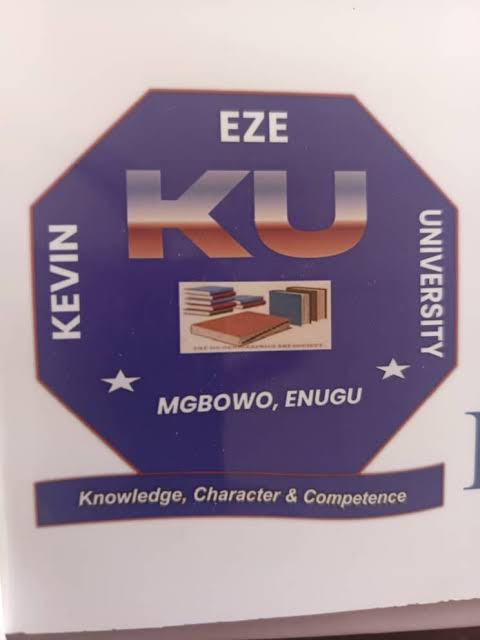It’s a question many people have asked in passing, sometimes with curiosity, sometimes with confusion: Why doesn’t the University of Nigeria, Nsukka (UNN) offer Chemical Engineering?
The answer isn’t just a matter of curriculum or policy—it’s a story buried in the ashes of a war that changed everything.
Before the Nigerian Civil War, UNN had a Chemical Engineering department—vibrant, brilliant, and filled with some of the most gifted minds in the country. But after the war, that department was permanently shut down. Not because the university lacked resources or interest—but because of what that department represented during the Biafran struggle.
During the war, a group of fearless scientists and engineers, led by the remarkable Professor Gordian Ezekwe, formed what was known as the Biafran Research and Production Unit (RAP). Alongside him were brilliant minds like Sylvester Akalonu, Benjamin Nwosu, Willy Achukwu, Okezie Confidence, and others whose names history is yet to fully honour.
This team became Biafra’s silent heroes—not with guns, but with brains. In the face of blockades and scarcity, they built bombs, rockets, radio systems, and even modular oil refineries. Yes, refineries. The kind that Nigeria, to this day, struggles to build. They refined aviation fuel right there in the East, under siege, with nothing but scraps and science.
These weren’t just engineers—they were miracle workers. And it scared the Nigerian government.
So, after the war, instead of celebrating this legacy of innovation, the Federal Government did the opposite. They shut down UNN’s Chemical Engineering department. It wasn’t an academic decision—it was political. It was fear. Fear of what the Igbo man could do when allowed to think freely and build without limits.
So next time you walk through UNN’s campus, or look through its list of courses and notice what’s missing, remember—it’s not just about a course. It’s about a silenced history. A reminder of what was lost… and what could still rise again.











